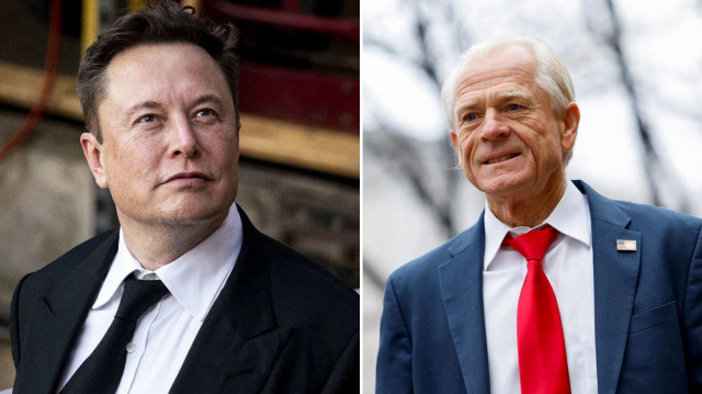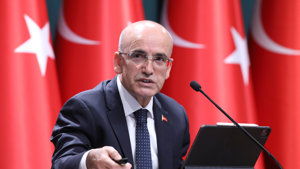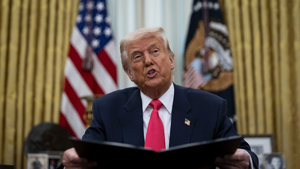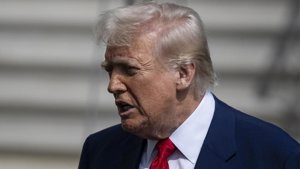
Musk-Navarro Clash Over Tariffs
Elon Musk, CEO of Tesla and head of the Department of Government Efficiency (DOGE), engaged in a fiery exchange on Tuesday with United States President Donald Trump’s Senior Counselor for Trade and Manufacturing, Peter Navarro. The dispute escalated after Navarro dismissed Musk as a car seller lacking understanding of global trade mechanisms.
Musk took to social media to hit back, writing, “Navarro is truly a moron. What he says here is demonstrably false,” in response to a video clip where Navarro claimed Musk “doesn’t understand” tariffs because “he sells cars.” Musk added that Tesla makes “the most American-made cars,” refuting Navarro’s assertion that most Tesla vehicles are manufactured in Asia. Musk concluded by labeling Navarro “dumber than a sack of bricks.”
The spat emerged after Musk advocated for a “zero tariff situation” between the United States and Europe, following a series of new tariffs introduced by President Trump against several European Union member states. Navarro’s criticism of Musk’s stance ignited the public back-and-forth.
White House Press Secretary Karoline Leavitt addressed the clash during a press briefing on Tuesday, characterizing the episode as an example of the administration’s openness. “We are the most transparent administration in history, expressing our disagreements in public,” she stated during an appearance on CNBC.
When asked specifically about Musk’s harsh remarks, Leavitt sought to play down the situation. “Boys will be boys! We will let their public sparring continue,” she said. “You guys should all be very grateful we have the most transparent administration in history ... you have very diverse opinions. The president takes all opinions in mind.”
The exchange highlighted the internal divisions and clashing viewpoints within the Trump administration as it seeks to balance trade policy with public messaging. While Navarro continues to push for strict tariff enforcement, Musk remains vocal about the benefits of open trade with key allies such as the European Union.
As the debate rages on social media and beyond, the administration appears content to let the disagreement unfold in public, showcasing its commitment to transparency and internal diversity of thought. Whether this openness leads to policy shifts remains to be seen.






